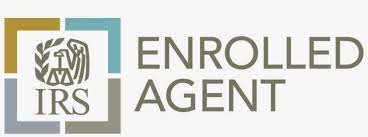As many of you may have heard or read, an Executive Memorandum has been sent to the Secretary of the Treasury to defer the employee and employer payroll taxes from September 1, 2020 through December 31, 2020. The reason for the Memorandum is to give employees a larger paycheck during these unprecedented times, and while on the surface it may seem like a good thing, this is only a deferral of the taxes. These taxes will be required to be paid back in the first quarter of 2021 resulting in a smaller paycheck for the employee until the deferral is fully repaid. (See IRS Guidance* below). FURTHER, should an employee drop out of the workforce either by job elimination, seasonal employee, firing, etc, the EMPLOYER will be on the hook for those deferred taxes in addition to the employer portion as the IRS has only said that the employer must “make arrangements” to collect the deferred tax from employees. If they are no longer employed, there is no way for the employer to collect and, hence that burden falls upon the business. As such, we advise our clients against participation due to the possible hardship that small businesses may incur should several employees lose their job by the end of the year. We will continue to monitor this situation and advise accordingly but as for now, we feel it holds too much risk for small businesses to participate in this program as well as the additional burden placed upon the employee for the first quarter of 2021 to get all deferments repaid.
*From Notice 2020-65: Payment of Deferred Applicable Taxes: An Affected Taxpayer must withhold and pay the total Applicable Taxes that the Affected Taxpayer deferred under this notice ratably from wages and compensation paid between January 1, 2021 and April 30, 2021 or interest, penalties, and additions to tax will begin to accrue on May 1, 2021, with respect to any unpaid Applicable Taxes. If necessary, the Affected Taxpayer may make arrangements to otherwise collect the total Applicable Taxes from the employee.

















